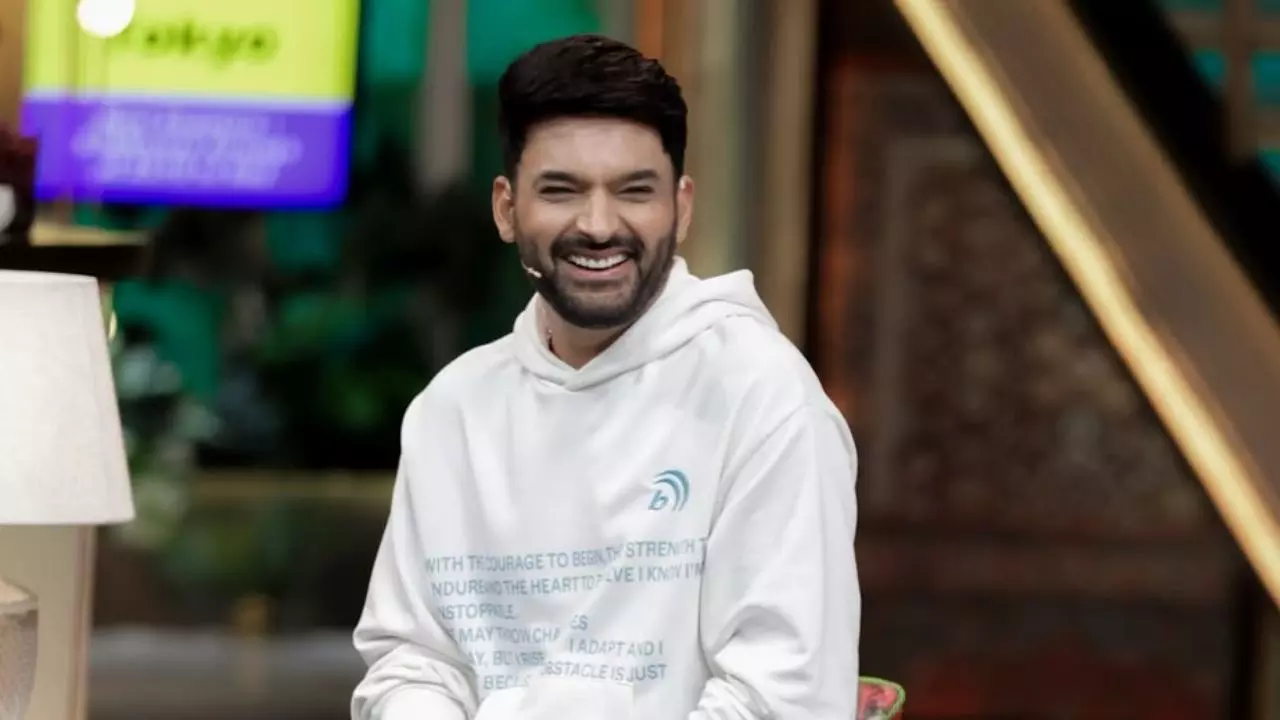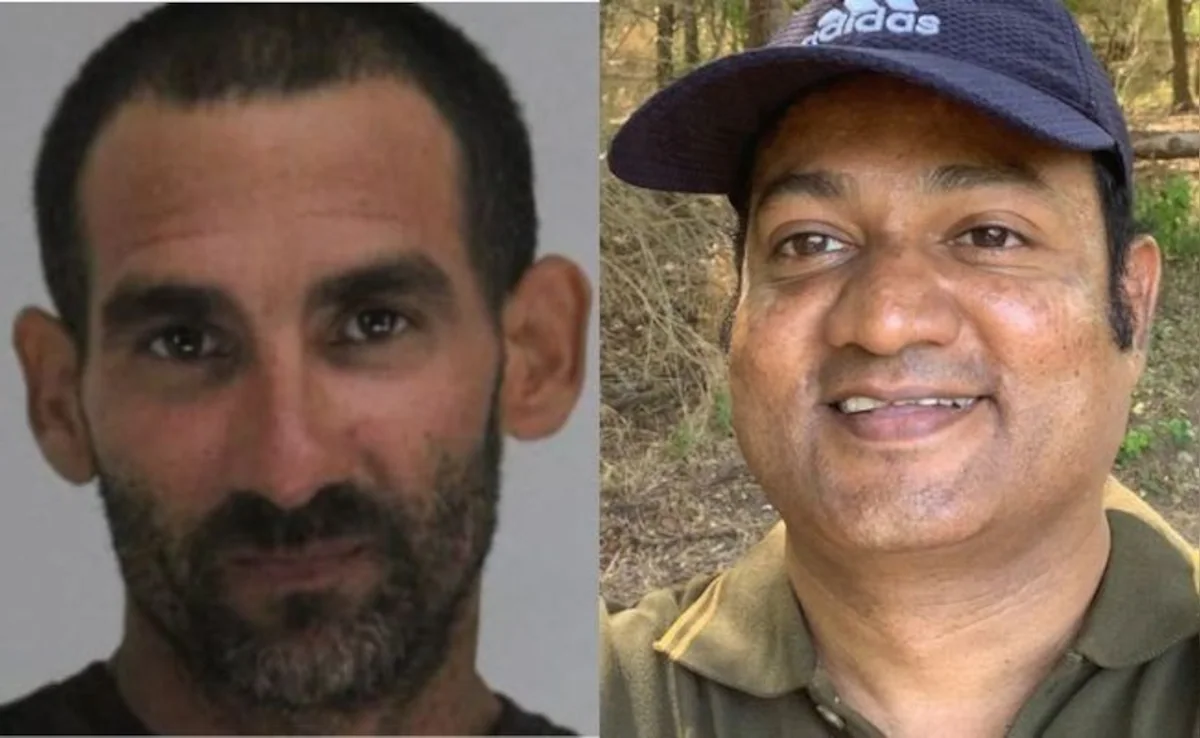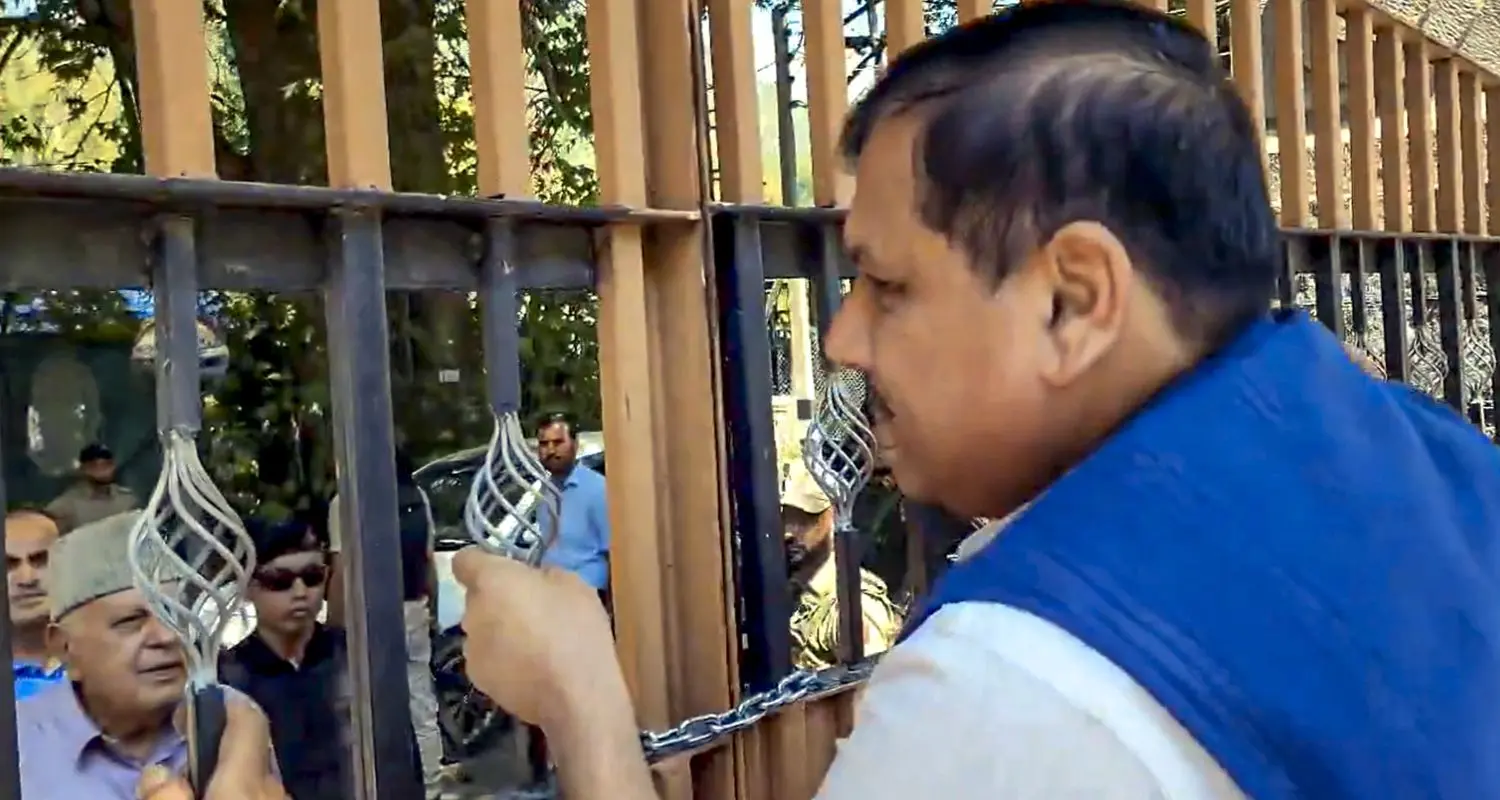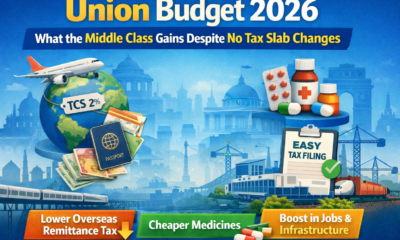[vc_row][vc_column][vc_column_text]
In a briefing that lasted less than a minute, as per media reports, the Supreme Court (SC) today (Tuesday, May 7) rejected a review petition filed by 21 Opposition parties urging it to direct the Election Commission (EC) to cross-check at least 50% votes using Voter Verified Paper Audit Trail (VVPAT) slips during the ongoing Lok Sabha elections.
Lawyer Abhishek Manu Singhvi requested the court to increase random matching of votes of electronic voting machines (EVM) with VVPAT to 25% votes, saying the court had accepted the Opposition’s submissions on principle.
“We are not inclined to review our order,” Chief Justice Ranjan Gogoi was reported to have said.
Andhra Pradesh Chief Minister N Chandrababu Naidu, former Jammu and Kashmir Chief Minister Farooq Abdullah and Communist Party of India leader D Raja were reportedly present in the court for the hearing.
Speaking to the media after the hearing, senior advocate Abhishek Manu Singhvi, counsel for petitioners, said, “We bow down to the court order which has dismissed our petition. This is an all-India political campaign to make the electorate aware of the issue at hand… The EC has got no guidelines in case either of the machines go bad.”
A delegation led by Naidu had urged the top court to review its last month order to increase matching of VVPAT slips from one randomly selected EVM in every assembly segment of a Lok Sabha constituency to five. The court had said this practice would ensure the “greatest degree of accuracy, satisfaction” in the election process.
Also Read: Supreme Court panel dismisses sexual harassment charges against CJI Ranjan Gogoi
The parties had sought a review of this order as it only raised the random verification from 0.44 to a “mere 2 per cent”. They claimed this “will not make any substantial difference to the situation that existed prior to the passing of the impugned order”.
Appearing for the Opposition parties, Senior Advocate Abhishek Manu Singhvi urged the court to raise the VVPAT verification with EVMS to at least 25%.
The EC had filed an affidavit in the Supreme Court saying that verification of 50% of votes would delay the announcement of results by six days. Votes will be counted on May 23.
The Opposition parties moved Court after reports of defective EVMs emerged after the first phase of the Lok Sabha elections. In some cases, it was reported, voters would cast their vote for a party but the EVM would record their vote for another party.
Even in the fifth phase of voting yesterday, several cases of malfunctioning of EVMs were reported from Bihar, Bengal, Uttar Pradesh, Madhya Pradesh and Rajasthan.
Moreover, in Bihar, EVMs and VVPAT machines were recovered from a hotel in Muzaffarpur even when polling was under way yesterday. According to a report in The Hindustan Times, District Magistrate Alok Ranjan Ghosh said that the machines recovered from the hotel were reserved machines that were to be used in case any faulty machines needed to be replaced. Ghosh said a departmental inquiry would be conducted into the incident since unloading the machines in the hotel is against rules.
Opposition parties have raised doubts about the credibility of electronic voting machines several times in the last two years. However, the EC has repeatedly denied allegations that the machines can be tampered with.
Also Read: ‘Modi Ji has lost mental balance’: Bhupesh Baghel on ‘Corrupt No 1’ remark
In a press conference in April, several Opposition leaders had brought up some of their concerns about the voting machines. Naidu had said instances of EVM “malfunctioning and selective manipulation” of the machines were reported in the first three phases of polling in his state, Kerala, Goa and Uttar Pradesh. Nationalist Congress Party chief Sharad Pawar had said that while people are in a mood for a change in the government at the Centre and the state, “Our only worry is someone misusing this technology to manipulate elections…Our worry is manipulation through these machines [EVMs].”
The parties that approached the court include the Congress, Chandrababu Naidu’s Telugu Desam Party, Sharad Pawar’s Nationalist Congress Party, the Aam Aadmi Party, the Communist Party of India (Marxist), Communist Party of India, Derek O’Brien for the Trinamool Congress, Farooq Abdullah for the National Conference, the Samajwadi Party, the Bahujan Samaj Party, the Rashtriya Lok Dal, Sharad Yadav’s Loktantrik Janata Dal, and the Dravida Munnetra Kazhagam.
[/vc_column_text][/vc_column][/vc_row]

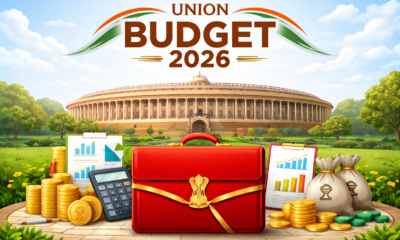
 India News5 hours ago
India News5 hours ago
 India News21 hours ago
India News21 hours ago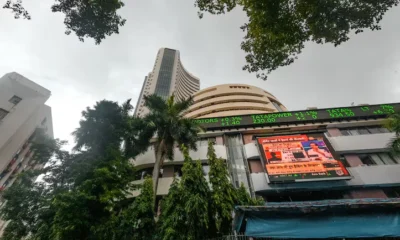
 India News21 hours ago
India News21 hours ago
 India News21 hours ago
India News21 hours ago
 India News6 hours ago
India News6 hours ago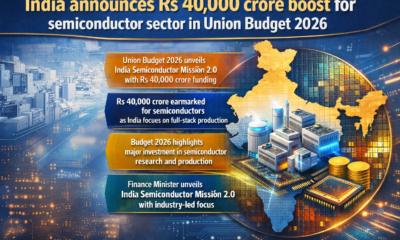
 India News4 hours ago
India News4 hours ago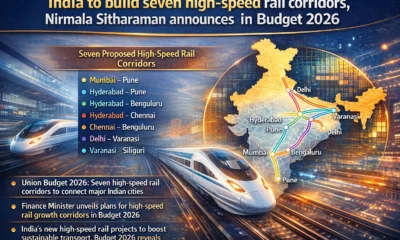
 India News4 hours ago
India News4 hours ago
 India News32 mins ago
India News32 mins ago











